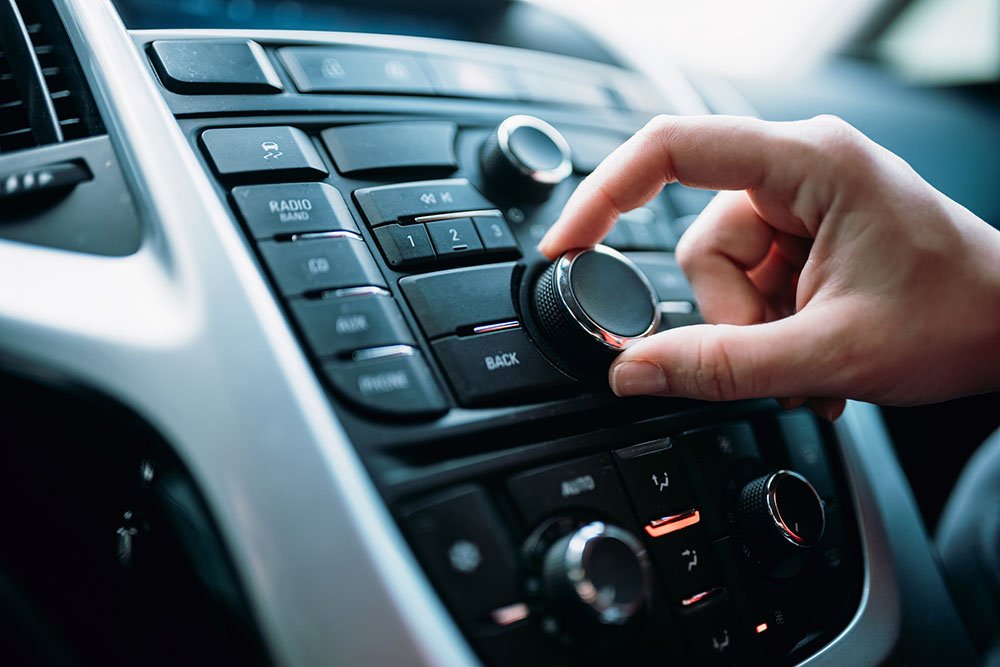Navigating Noise Pollution: How Loud is Too Loud When Driving?
Driving with your favorite tunes playing is a common joy for many motorists. However, when does loud music in your car cross the line from a personal pleasure to a public nuisance, or even a legal issue? Across various jurisdictions, laws are in place to address noise pollution from vehicles, including the playing of loud music. This article explores these laws, the potential fines for non-compliance, and the impact on public disturbance.
Understanding Noise Pollution Laws
Noise pollution laws regarding loud music in cars vary by state and locality, but the underlying principle remains the same: to prevent disturbance and ensure public peace and safety. The laws generally focus on decibel levels – a measure of sound intensity – and the time and place of the loud music. For instance:
- California Vehicle Code: In California, it’s illegal to play music in a vehicle that is audible from 50 feet or more.
- New York City: The city’s administrative code prohibits playing a car stereo so loudly that it can be heard from more than 150 feet away.
- Florida: Florida statutes prohibit sound from a car stereo system that is plainly audible from a distance of 25 feet or more.
- Georgia: In Georgia, the noise ordinance prohibits sound systems in vehicles from being audible at a distance of more than 100 feet.
Fines and Penalties
Violating these noise pollution laws can lead to significant fines, which vary depending on the location and the severity of the offense. For example:
- California: Fines can go up to several hundred dollars for repeat offenders.
- New York City: Fines can reach up to $150 for a first offense.
- Florida: Penalties can range from $30 to $100 or more for first-time offenders.
- Georgia: Violations can lead to fines and potentially even points on a driver’s license.
Impact on Public Disturbance
Playing loud music in cars can be more than just a legal issue; it’s also a matter of public disturbance and courtesy. Excessive noise can disrupt neighborhoods, disturb the peace in public spaces, and even pose a safety risk by drowning out emergency vehicle sirens or other important auditory signals on the road.
Loud Music is a Distraction
In many regions, playing loud music in a car can fall under distracted driving laws. It can be dangerous for several reasons:
- Impaired Auditory Awareness: Loud music can drown out important sounds from the environment, such as sirens from emergency vehicles or honking from other cars. This lack of auditory awareness can delay the driver’s reactions to potential hazards.
- Reduced Concentration: High volume levels can make it difficult for drivers to focus on the task of driving, increasing the risk of accidents.
- Increased Stress and Agitation: Certain types of music, especially played at high volumes, can induce stress or agitation, negatively impacting driving behavior.
- Physical Reactions to Music: Loud music can cause subconscious physical reactions like tapping hands or feet, which might divert attention from driving tasks.
- Influence on Mental Processing: High volume can occupy a significant portion of a driver’s mental processing capacity, delaying reaction times to unexpected events.
- Impact on Communication: Loud music can hinder communication with passengers, especially when they are trying to provide navigational assistance or alert the driver to potential dangers.
Balancing Enjoyment and Responsibility
While everyone has the right to enjoy music in their vehicle, this should be balanced with responsibility towards fellow citizens and adherence to local laws. Here are some tips for enjoying your music responsibly:
- Be Mindful of Volume Levels: Keep your music at a volume that allows you to enjoy it without being disruptive to others, especially in residential areas or late at night.
- Understand Local Laws: Familiarize yourself with the noise pollution laws in your area. What’s acceptable in one place may not be in another.
- Use Sound Insulation: If you enjoy listening to loud music, consider installing sound insulation in your car to minimize external noise.
Conclusion
Playing loud music in your car can be a fun and uplifting experience, but it’s important to be aware of and adhere to local noise pollution laws. Respecting these laws not only helps you avoid fines but also contributes to a more pleasant and safer environment for everyone. By being mindful of the volume and aware of your surroundings, you can enjoy your music without causing disturbance or facing legal repercussions.
